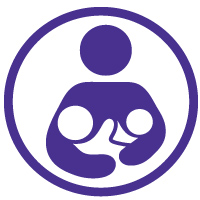 Breastfeeding in Emergencies Online Course(s) & Continuing Education
Breastfeeding in Emergencies Online Course(s) & Continuing Education
Access the latest clinical skills and research for Breastfeeding in Emergencies for Lactation & Breastfeeding professional training. These Breastfeeding in Emergencies online courses provide practice-changing skills and valuable perspectives from leading global experts. This Breastfeeding in Emergencies education has been accredited for a variety of CEUs / CERPs and can be accessed on-demand, at your own pace.
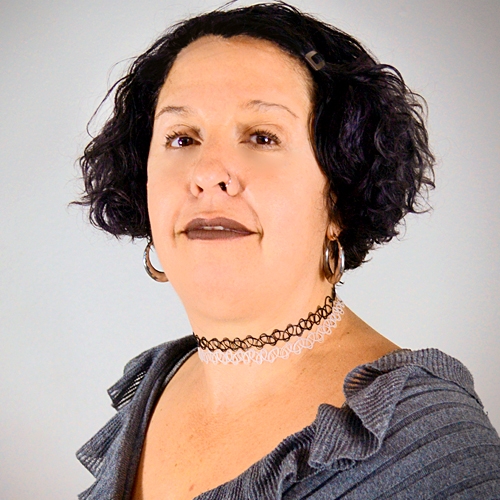
Equity and Safer Infant Feeding in Times of Disaster and Civil Unrest

Lourdes Santaballa is a community activist and organizer, with a background in domestic violence, affordable housing, and economic equity advocacy. A La Leche League leader from 2009-2017 and IBCLC since 2011, she was the founder of the lactation program at sePARE, providing coordinated services to low income families, leading it to receive the ILCA Care Award and received the Wilson-Clay Hoover Award for Research. Lourdes received the notorious Drs. Ruth Lawrence and Audrey Naylor Legacy Scholarship in 2016 by the United States Breastfeeding Committee, the Miriam H. Labbok Award for Excellence at the Breastfeeding and Feminism conference in 2018 and is currently completing her master’s degree in clinical nutrition. In October 2017, following Hurricanes Irma and Maria, Lourdes founded Alimentación Segura Infantil or ASI, an Infant and Young Child feeding program focused on increasing breastfeeding, leadership and training in marginalized communities in Puerto Rico.
In times of civil instability and changing global climate, we risk natural disasters, infrastructure failure, terrorist situation, police brutality, mass migration, chemical accident, war or other type of emergencies. Infants and young children under the age of 2 are the most vulnerable due to their dependence on adults for survival and their delicate physiology. We know that lactation in emergencies saves lives, yet the unrest that occurs in the days immediately after the disaster may contribute to premature weaning. At the same time, many babies are not breast or chestfed at all or only partially. This session will explore the methods to preserve breastfeeding, decrease the use of formula and other human milk substitutes, promote relactation, and teach appropriate complementary feeding in a disaster appropriate, low tech and resource limited environment. We will also discuss the colonial and patriarchal of humanitarian relief and how to make equity our focal point.
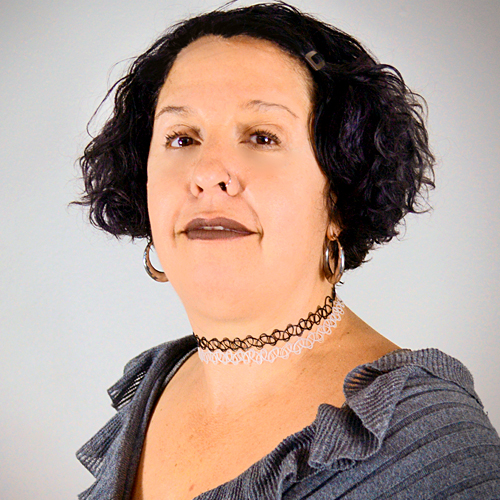
View Details / Enroll
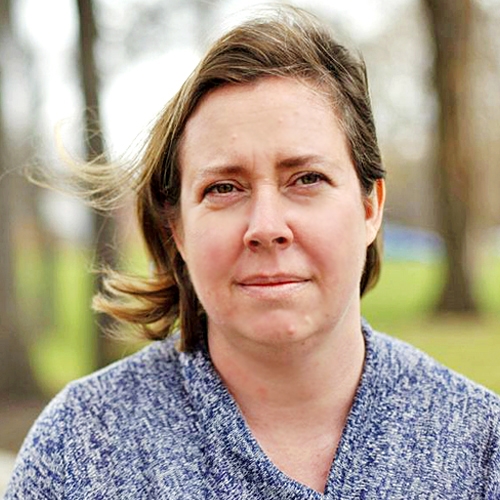
Facilitated Discussion on IYCF-E and the Role of the Lactation Professional

Michelle Pensa Branco MPH IBCLC is a lactation consultant and public health advocate. In addition to her clinical practice, which has included in-hospital, outpatient and private practice settings, she advocates for improved maternal-child health practices at the local, national and global level. She has a particular interest in the impact of trauma to breastfeeding families, models of peer support to improve breastfeeding outcomes and the application of health communication principles to the promotion and protection of breastfeeding. Michelle serves as the Director of Peer Support Programs and provides clinical lactation expertise for Nurture Project International, the only international NGO focused exclusively on infant feeding in emergencies. With Jodine Chase, she co-founded a Canadian non-profit organization, SafelyFed Canada. She is also an active member of the Ontario Public Health Association’s Breastfeeding Promotion Working Group. Michelle has previously served as the Vice-Chair of La Leche League Canada, the Communications Director for the Canadian Lactation Consultants Association as well as the Toronto Coordinator of INFACT Canada. When she is not travelling for work, Michelle stays close to home, living with her family just outside Toronto, Ontario, Canada.
Topic: Keeping the Fox Out of the Chicken Coop: Safeguarding Your Reputation Against Baby Feeding Industry Influence - [View Abstract]
Topic: Playing Well with Others: Collaborating in High Conflict/Low Trust Settings - [View Abstract]
Topic: Watching Our Words: Is Risk-Based Language Always the Right Choice? - [View Abstract]
In emergencies, breastfeeding saves lives - and yet, regardless of the location or type of disaster, breastfeeding and complementary feeding practices are eroded during an emergency. Infant and young child feeding in emergencies (IYCF-E) requires a multi-sectoral approach to meet the needs of both breastfed and non-breastfed children. Where do the skills of breastfeeding counsellors, educators and IBCLCs fit into the IYCF-E response? What competencies do IBCLCs need to provide clinical care in a humanitarian setting and how can IBCLCs obtain those (if they don’t already have them)? Bring your thoughts, experiences and questions and join us for a facilitated discussion about the role of skilled breastfeeding support in protecting infants and young children in emergencies.
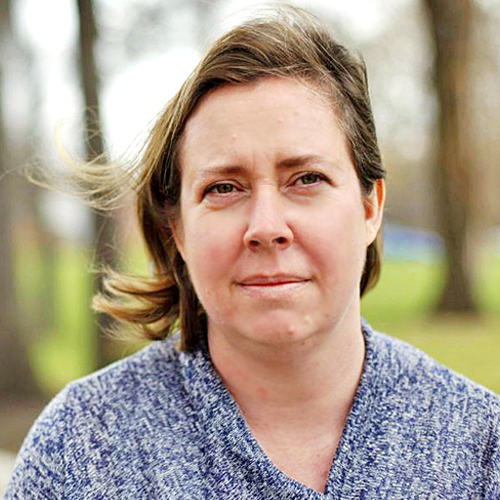
View Details / Enroll

Infant and Young Child Feeding in Emergencies: Background, Best Practice, and What You Can Do

Karleen Gribble (BRurSc, PhD) is an Adjunct Associate Professor in the School of Nursing and Midwifery at Western Sydney University.
Her interests include infant and young child feeding in emergencies, marketing of breastmilk substitutes, parenting and care of maltreated children, child-caregiver and caregiver-child attachment, adoption reform, and treatment of infants and young children within the child protection, immigration detention, and criminal justice systems.
She has published research on these subjects in peer-reviewed journals, provided media commentary, contributed to government enquiries, provided expert opinion for courts, and engaged in training of health professionals, social workers, and humanitarian workers on these subjects.
Karleen is an Australian Breastfeeding Association Community Educator and Breastfeeding Counsellor. Since 2010 she has been a member of the Infant and Young Child Feeding in Emergencies Core Group and has been at the forefront of the development of policy, training and research in the area of infant and young child feeding in emergencies.
Topic: Infant and Young Child Feeding in Emergencies: Background, Best Practice, and What You Can Do - [View Abstract]
Topic: Milk Sharing: Comparative Risks and Biomedical Ethics - [View Abstract]
In any emergency, infants and young children are particularly vulnerable. Providing appropriate aid is vital to ensure that children have the best chance of surviving. This presentation will describe why infants and young children are at increased risk during times of crisis and outline how aid can support, or sometimes undermine the health of infants and young children. Detail on instruments to support appropriate infant and young child feeding in emergencies will be provided, along with information to assist participants in advocating for appropriate infant and young child feeding in emergencies in their context.

View Details / Enroll

View Details / Enroll

Understanding and Addressing Breastfeeding Disparities and Human Milk Inequity in Emergencies

Aunchalee Palmquist is a medical anthropologist and International Board Certified Lactation Consultant (IBCLC). She completed postdoctoral studies at the National Institutes of Health and in the Global Health Initiative at Yale University. Palmquist is Assistant Professor of Anthropology and Director of the Program for Ethnographic Research and Community Studies at Elon University. Her recent research focuses on critical biocultural contexts of breastfeeding, human milk sharing, and infant and young child feeding in emergencies. She blogs at anthrolactology.com.
Emergencies, whether natural disasters or complex humanitarian crises, often reproduce and exacerbate pre-existing health disparities. Mothers and infants within vulnerable, marginalized, and oppressed social groups are more likely to carry a disproportionate burden of perinatal morbidity and mortality resulting from emergencies as compared with those in privileged groups. Emergency response for pregnancy support, childbirth, and infant and young child feeding (IYCF-E) tends to address acute needs but often fails to support long-term and sustainable resilience to health inequalities and inequities. This presentation provides an overview of critical issues that influence social inequalities of perinatal maternal and infant nutrition in a global context, and then highlights the intersection with IYCF-E. A case studies approach will be used to illustrate key concepts. Although emergencies present numerous challenges to protecting maternal and infant health, they also avail unique opportunities to promote and support breastfeeding and human milk equity globally.






